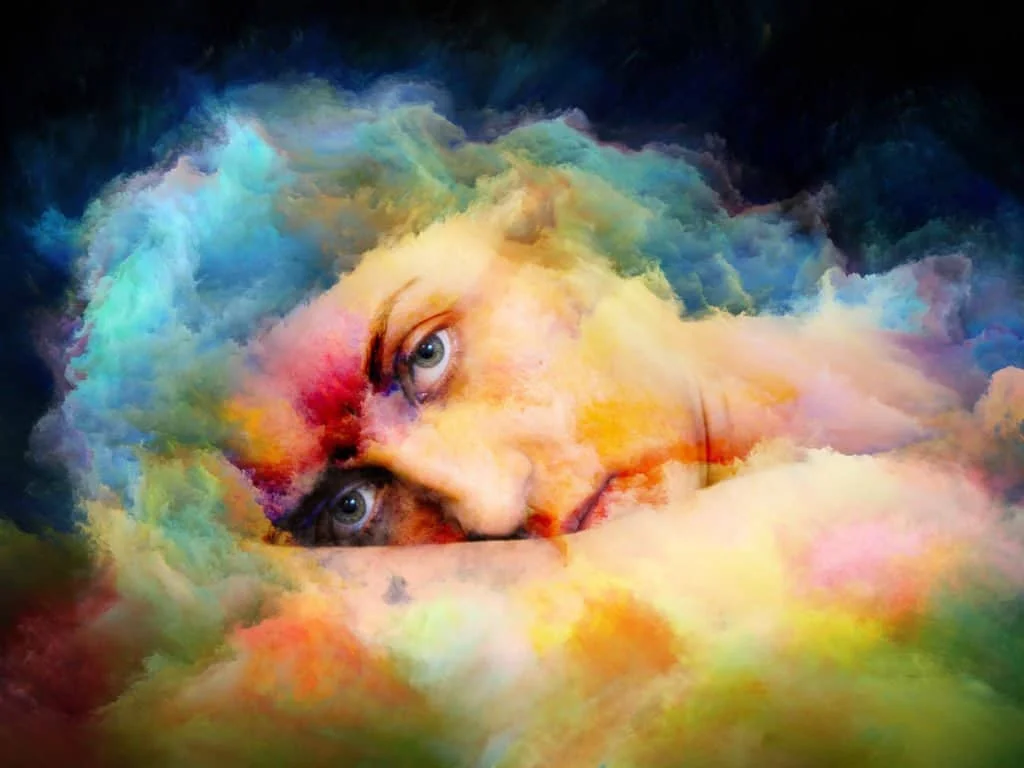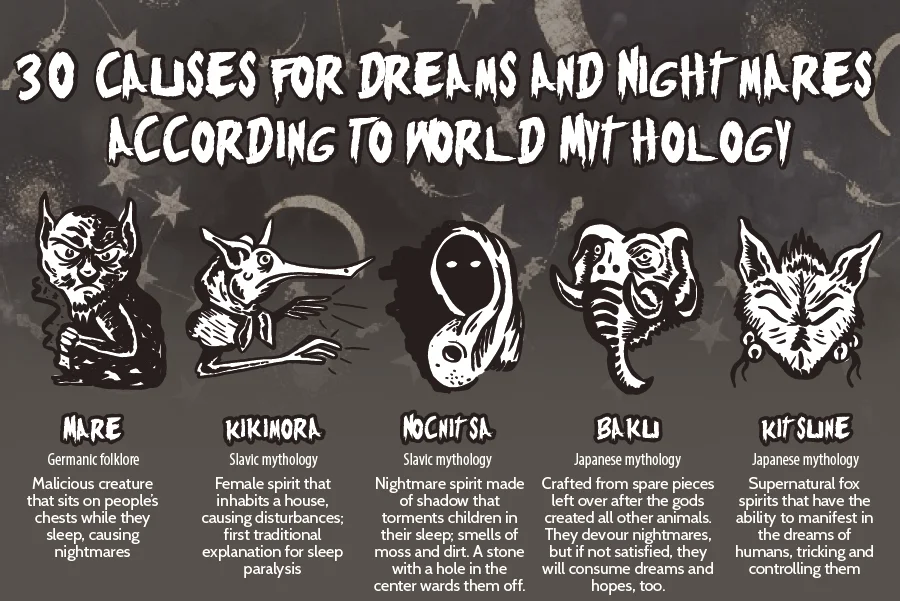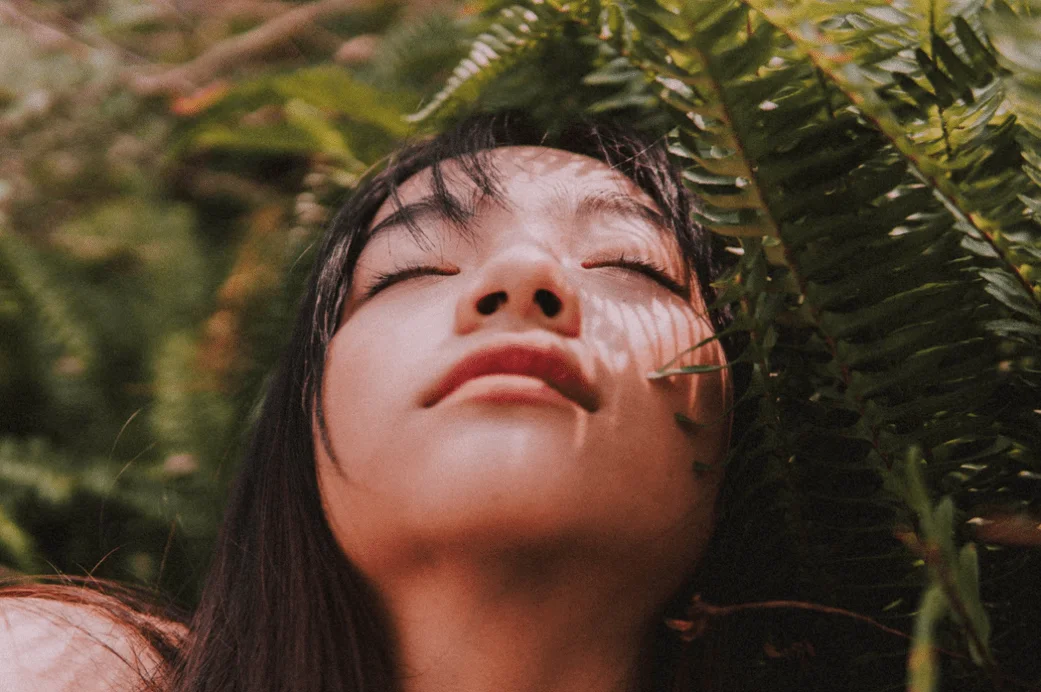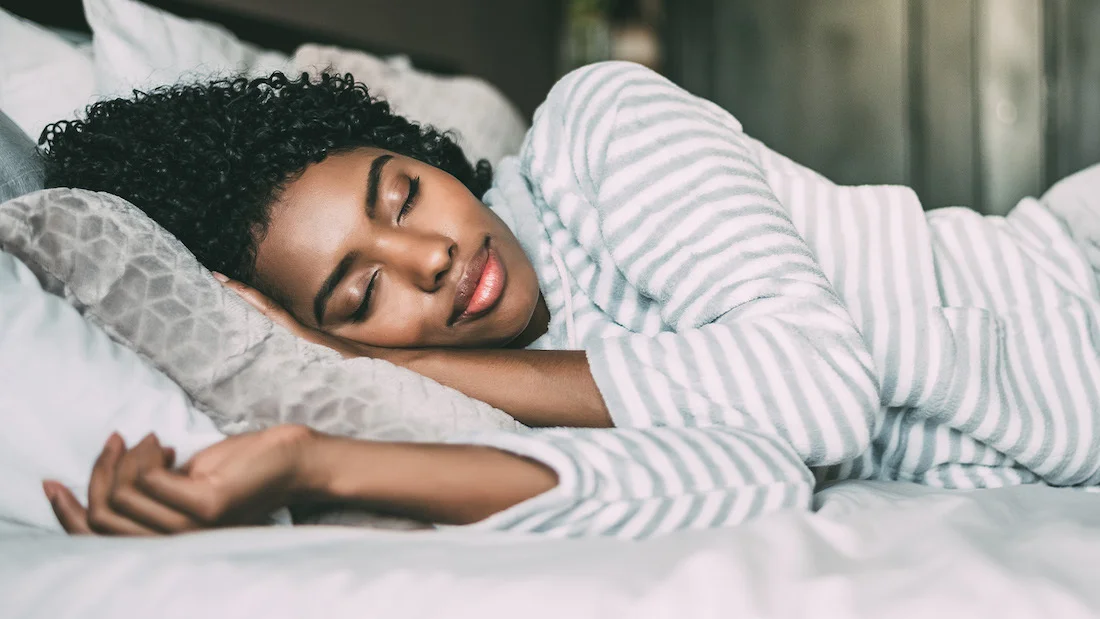
Throughout history, humans have had unique and widely different thoughts about sleep. Ancient Egyptians believed dreams could change the future. Ancient Hawaiians believed ancestral guardians gave them guidance in their dreams, which they called Moe’uhane, meaning ‘soul sleep.’ Even present-day religions such as Islam and Christianity hold beliefs that dreams can come from God or the devil (shaytaan in Islam) to provide important messages.
Reality shifting is not new — even the government explored the concept in the 1970s — but it became popular with post-millennials on TikTok and YouTube around 2020. Its spread was likely due to the popularity of shows such as Rick and Morty and other media combined with the boredom brought on by social isolation during the COVID-19 pandemic.
On TikTok, enthusiasts of this idea are deeply devoted to the belief in transcending physical limitations and exploring alternative, often fictional, universes. They believe that if you focus on them, you can even visit different historical periods or meet your favorite fictional characters.
The Concept of Reality Shifting On TikTok
The concept of reality shifting on TikTok suggests that infinite universes exist within a multiverse. It’s become a focus of people seeking to explore different states of consciousness. They believe each universe has a different version of themself, and these versions can cross paths and coexist in the same universe. Followers think they can transport into alternate realities through different methods shared by creators on the platform.
Reality-shifting TikToks use specific meditation techniques to help with their supposed “quantum” journeys. They share their experiences and advice on how to have better journeys. Many claim to use reality-shifting to visit universes where they can hang out with their favorite characters — a concept especially popular among fans of Harry Potter, Doctor Who, and other fantasy and anime series.
According to many reality-shifting TikToks, your actions in other realities can carry metaphysical and moral justice consequences, and anyone engaging in criminal or illicit behavior in an alternate reality should be held accountable in our reality.
How TikTok Reality Shifting Impacts Sleep
Many people use relaxation and grounding techniques when reality shifting, which can have a physiological effect on the nervous system that feels calming and therapeutic. For instance, relaxing your entire body, journaling, using binaural beats, and repeating affirmations are good ways of transitioning into a calm state.
Each person may experience a different impact on sleep from attempting reality shifting, says Dr. Ryan C. Warner, clinical psychologist and founder of RC Warner Consulting. “For some, it could lead to increased relaxation and improved sleep quality, while for others, it might cause restlessness or disrupt sleep patterns,” he says.
According to Niloufar Esmaeilpour, M.Sc, registered clinical counselor and Somatic Experiencing Practitioner from Lotus Therapy & Counselling Centre, although the idea of shifting to an alternate reality through setting intentions before sleeping or relaxing might initially seem harmless or even amusing, it can significantly disturb sleep.
“The act of setting an intention and the mental exercise needed to “shift” can make it harder to go to sleep as the brain has been working to both set up an entire scenario, rather than naturally winding down,” she says.
Validity of TikTok Reality Shifting and Potential Risks
Some supporters of reality shifting believe it works based on the multiverse theory, which physicist Hugh Everett III first proposed as part of his many-worlds interpretation of quantum mechanics. The multiverse theory suggests that there could be an infinite web of coexisting realities. But, the idea of creating your own reality is not part of the original theory and is unsupported by the scientific community.
Reality-shifting TikTok practices draw from other concepts. Some people point out that it’s no different from having an active imagination or lucid dreaming. Psychologists compare it to related phenomena such as hypnosis, tulpamancy (imaginary friends), dissociation, immersive and maladaptive daydreaming, and lucid dreaming. (1)
Reality-shifting and lucid dreaming are related, although they are not the same, says Esmaeilpour. “Both involve intentionally being aware while either asleep or at rest and attempting to control or guide one’s state,” she says.
Lucid dreaming is when you know you are dreaming and can control the dream. According to Esmaeilpour, it’s a less common ability that relies on fantasy and imagination, but unlike reality shifting, it is supported by science.
For individuals with mental health issues, belief in reality shifting is risky. They may become obsessed with their desired reality and overly detached from their daily lives.
Reality shifting relies on the illusion of imagining that you can inhabit a completely different reality, bridging the gap between fantasy and reality, says Esmaeilpour. “For some people, that sense of line is very thin.”
How To Unwind Safely
Some people who have stopped their reality-shifting attempts have attributed its draw among the TikTok generation to the stresses and pressures on young people who turn to mental escape as a way to cope. However, if you’re looking for more everyday, down-to-earth solutions to dealing with daily stresses and improving mental health and sleep, there are plenty of effective strategies.
“Practicing mindfulness meditation and progressive muscle relaxation are excellent ways to prepare the mind and body for a restful night,” says Esmaeilpour. These methods keep you tied to the present and promote physical and mental relaxation. “Reducing screen time before bed and building a sleep-conducive environment can also dramatically improve the quality of sleep,” she adds.
Dr. Warner recommends deep breathing exercises and mindfulness meditation as part of a healthy lifestyle that includes regular physical activity, a balanced diet, and a consistent sleep routine. He suggests limiting caffeine and screen time before bed and seeking support from friends, family, or a mental health professional when needed.
He also recommends the Better Sleep App, which he is an expert contributor and narrator for. The app gives proven tips and personalized advice to help you sleep better and improve your overall wellness. Other apps include Calm and Pzizz.
Sleepopolis’ Final Thoughts
Feeling the need to escape your reality may signal you need proper stress management. “The solution is to use these methods consistently to reduce stress and enhance mental well-being, which ultimately leads to better sleep and a more balanced life,” says Esmaeilpour.

A Guide For How To Interpret Dreams

30 Causes of Dreams and Nightmares (According to World Mythology)

Lucid Dreams: What They Are and How to Experience Them

Imagining Fake Scenarios In Your Head Before Bed? There’s a Reason You Do This
Sources
1. Somer, E., Cardeña, E., Catelan, R.F. et al. Reality shifting: psychological features of an emergent online daydreaming culture. Curr Psychol 42, 11415–11427 (2023). https://doi.org/10.1007/s12144-021-02439-3
Warner, Ryan C. Author interview. June 2024.
Esmaeilpour, Niloufar. Author interview. June 2024.


























